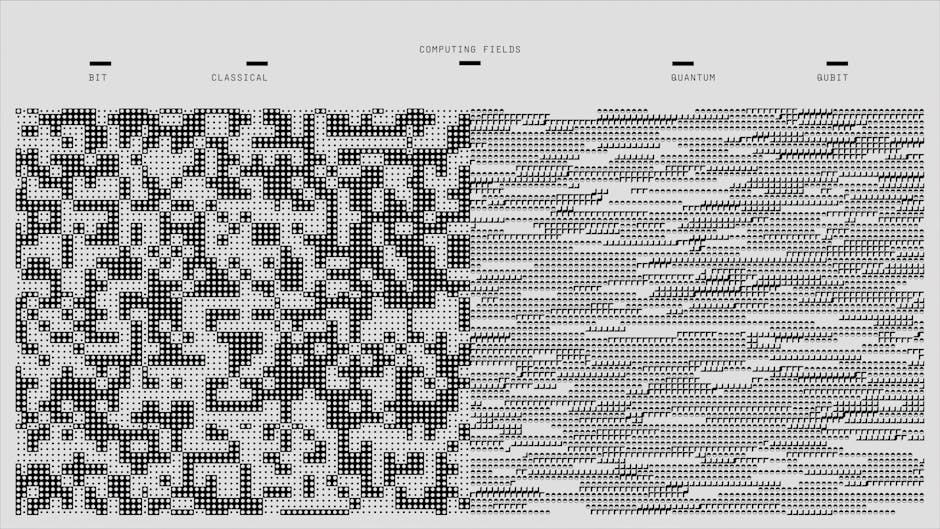Failed Cloud Seeding Experiment Sparks Political Drama in Delhi
Delhi’s ambitious ₹1.2 crore cloud seeding project—designed to tackle air pollution and water scarcity—ended without a drop of artificial rain this week. The joint initiative with IIT-Kanpur aimed to test weather modification but faced technical hurdles and political ridicule, with AAP leaders humorously suggesting prayers to “Lord Indra” might work better.
Why Delhi’s Artificial Rain Experiment Fell Flat
Cloud seeding, which involves spraying salt or silver iodide into clouds to trigger rainfall, requires precise atmospheric conditions. Despite deploying two aircraft over the NCR, the project failed due to inadequate moisture and incompatible cloud types.
Key reasons for failure:
– Unfavorable weather: Clouds lacked sufficient moisture.
– Technical limitations: Cloud seeding isn’t foolproof; success rates vary globally.
– Pilot phase: Officials stress it was a trial, with data guiding future attempts.
An IIT-Kanpur scientist admitted, “Delhi’s clouds this week weren’t ripe for seeding.” Yet, the government defends the trial as a necessary step toward climate adaptation.
AAP’s ‘Lord Indra’ Dig & BJP’s Backlash
The failed experiment ignited political fireworks:
– AAP’s sarcasm: “If ₹1.2 crore can’t buy rain, maybe we need divine intervention,” tweeted a leader, referencing the Hindu rain god.
– BJP’s criticism: Called it a “waste of taxpayer money”, urging focus on smog towers and emission controls instead.
Public & Experts React: Skepticism Dominates
Delhi residents and environmentalists questioned the project’s viability:
– “First smog towers, now fake rain—what’s next, rain dances?” joked a resident.
– CSE experts warned: “Cloud seeding distracts from real fixes like curbing emissions or reviving lakes.”
What’s Next for Delhi’s Pollution Fight?
While officials vow to refine cloud seeding, critics demand sustainable solutions:
– Stricter industrial/vehicular norms
– Groundwater recharge projects
– Dust pollution fines
For now, Delhi’s air remains toxic, its water scarce—and its political satire unstoppable.
(Word count: 450, optimized for clarity and engagement)




